North Korea fires suspected ICBM, 2 short-range missiles: South
North Korea has fired a suspected intercontinental ballistic missile (ICBM) and two short-range missiles toward the East Sea, the South Korean military says, triggering evacuation alerts for residents in parts of central and northern Japan.
South Korea's Joint Chiefs of Staff (JCS) said in a statement that it had detected what was presumed to be an ICBM launch from the Sunan area in Pyongyang at around 7:40 a.m. local time and the firing of two apparent short-range ballistic missiles from Kaechon in South Pyongan Province from around 8:39 a.m. local time on Thursday.
The statement, cited by South Korea's official Yonhap news agency, added that if the launch of an ICBM, a presumed Hwasong-17, was confirmed, it would mark the first firing of such a missile by Pyongyang since late May.
According to the JCS, the suspected ICBM flew about 760 kilometers at an apogee of around 1,920 kilometers and a top speed of Mach 15.
"Our military has beefed up surveillance and vigilance, while maintaining the readiness posture in close cooperation with the United States," the JCS further said in its statement, adding that the North's repeated launches "of ballistic missiles are a serious provocation that harms the peace and stability of not only the Korean Peninsula but also the international community."
The office of Japanese Prime Minister Fumio Kishida issued warnings earlier in the morning to inhabitants of the northern and central prefectures of Miyagi, Yamagata, and Niigata, advising them to take shelter inside firm buildings or underground.
Despite the initial warning from the government that a missile had flown over Japan, Tokyo later said this was incorrect.
Japanese Defense Minister Yasukazu Hamada said the suspected ICBM flew on a potential trajectory over Japan but that it disappeared from radars over the Sea of Japan.
Yonhap cited an unnamed South Korean defense source as saying that the suspected ICBM seemed to have failed in normal flight following the second stage separation. CNN also cited a South Korean government source as saying that the suspected ICBM succeeded in the second stage but is believed to have failed after that and fell into the sea between the Korean Peninsula and Japan.
Kishida slammed the North's "repeated missile launches" as "an outrage" that "absolutely cannot be forgiven."
So far this year, the North has had several failed ICBM test launches, according to South Korean and US officials.
On Wednesday, Pyongyang shot more than two dozen missiles, the biggest-ever barrage in a single day.
The launches on Thursday came as the US and South Korea began one of their largest combined military air drills on Monday.
Pyongyang has already demanded a halt to the large-scale joint military exercises, insisting that such "military rashness and provocation can be no longer tolerated."
Nuclear-armed North Korea has tested a record number of missiles this year, and officials in Seoul and Washington say the North has completed technical preparations to conduct a nuclear weapon test for the first time since 2017.
North Korea is under harsh sanctions by the US and United Nations Security Council over its nuclear and ballistic missile programs.
UK's police arrest ex-prince Andrew over sex scandal linked to Epstein
Iran elected vice-chair of UN Special Committee on Charter
Iran envoy says decision made to exchange ambassadors with Egypt
Russia continues to develop relations with Iran: Kremlin
VIDEO | Friends of Palestine meet at UN in Vienna
Trump’s war-mongering on Iran sparks sharp rebuke from US lawmakers
Top American columnist warns of Netanyahu exploiting Trump for Iran war
VIDEO | Press TV's news headlines


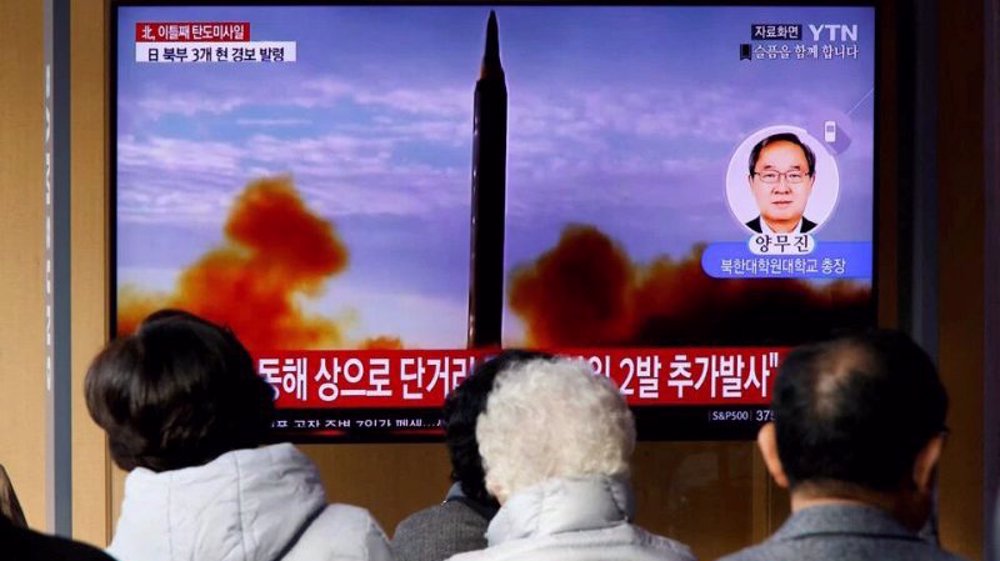
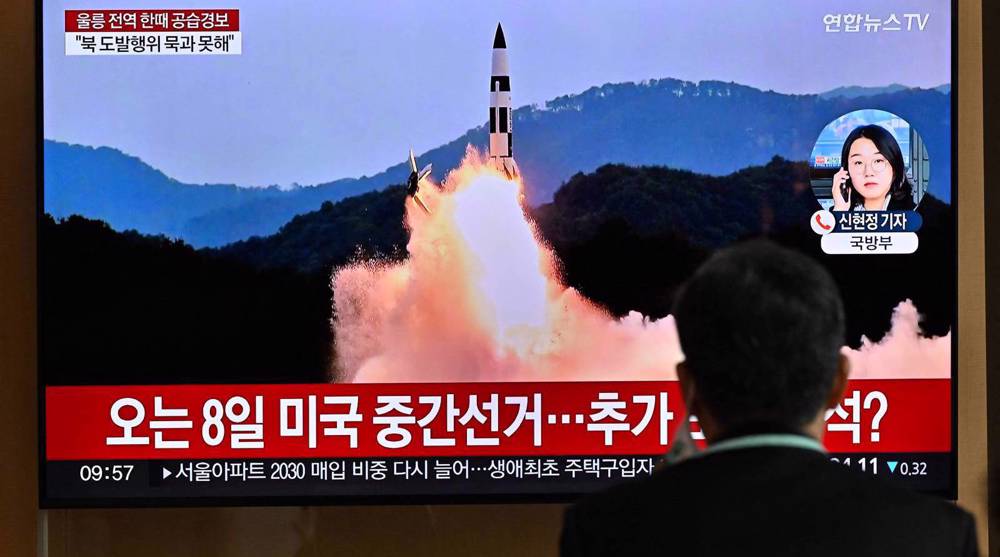
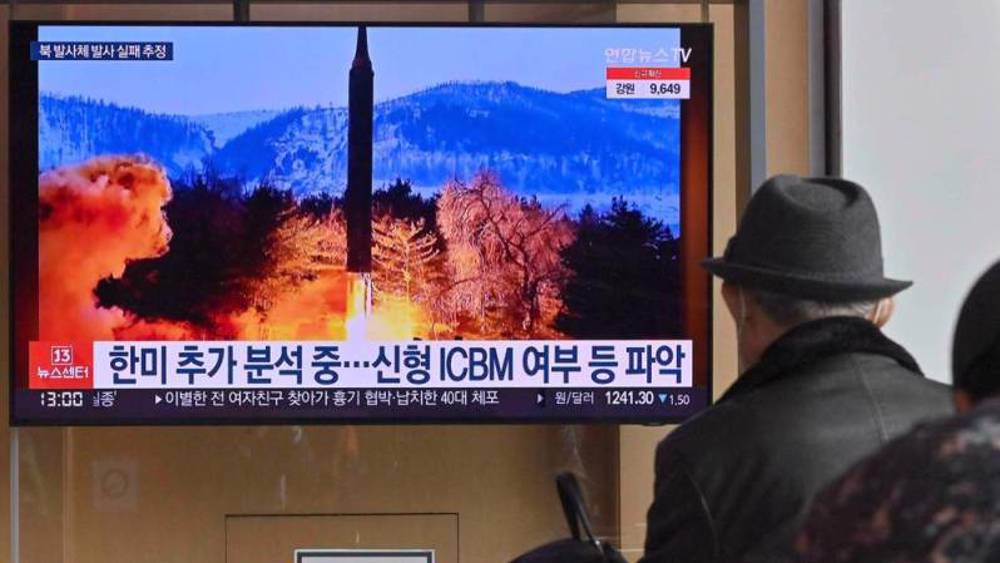
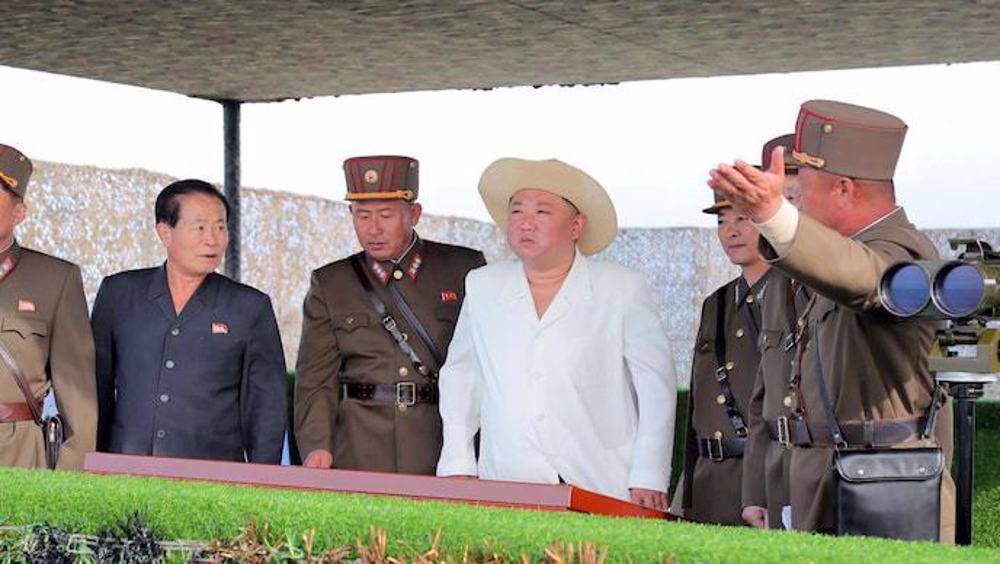

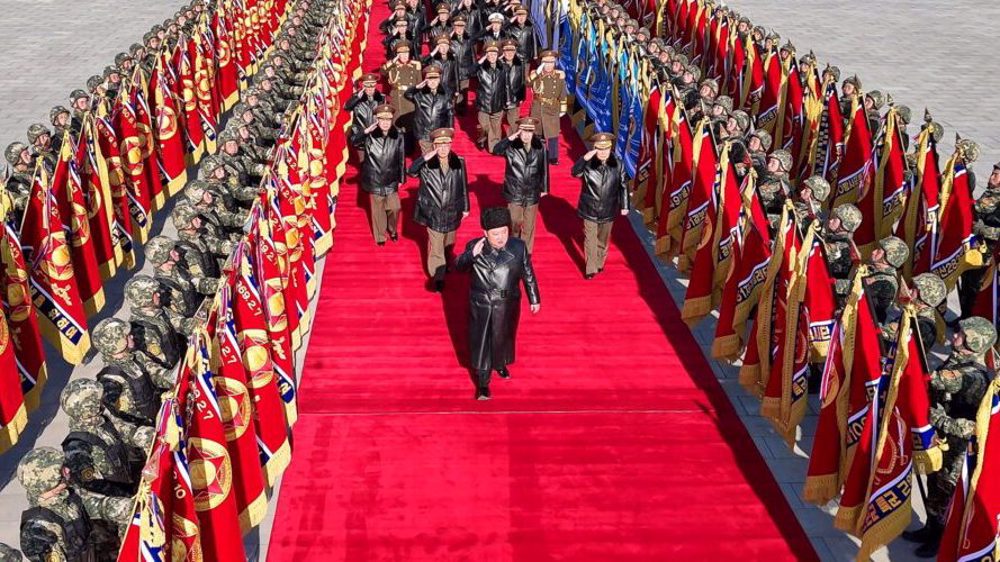





 This makes it easy to access the Press TV website
This makes it easy to access the Press TV website